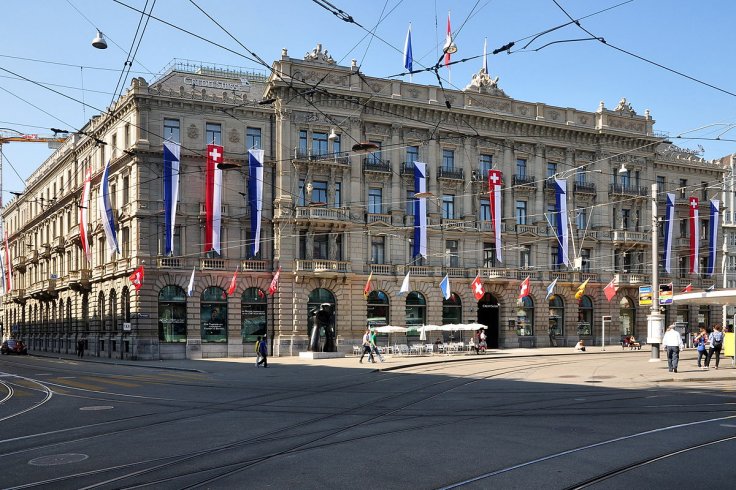Data on more than 18,000 bank accounts holding more than $100 billion in Credit Suisse was leaked to German publication Süddeutsche Zeitung by a whistleblower, exposing some of the world's richest people and how they accumulated the massive wealth. The data also exposes some war criminals, corrupt autocrats, and alleged human rights abusers.
The 166-year-old bank has since been scrambling to contain the fallout from the alleged leak after several newspapers reported it. However, the bank said that it "strongly rejects the allegations and insinuations about the bank's purported business practices".
Big Expose

Credit Suisse has been struggling to contain the massive leak that contains details of over 18,000 clients. All these clients hold more than $100 billion, with the leak coming from a whistle-blower who shared his findings with German newspaper Süddeutsche Zeitung, according to a press release.
The data leaked to the German newspaper was then shared with the Organized Crime and Corruption Reporting Project (OCCRP), a nonprofit journalistic organisation, and 46 other news organizations around the world, including The New York Times.
The massive leak has now exposed how the bank held hundreds of millions of dollars for heads of state, intelligence officials, sanctioned businessmen and human rights abusers, among many others.
The data covers accounts that were open from the 1940s until well into the 2010s but not the bank's current operations.

The data, reportedly, was received by Sueddeutsche Zeitung more than a year ago but came out only on Sunday after the investigation was over.
According to the OCCRP's findings, accounts flagged as potentially problematic by journalists held over $8 billion in assets and belonged to a variety of people, including intelligence officials accused of torture, bureaucrats accused of looting Venezuela's oil wealth, and a slew of corrupt politicians from around the world.
Credit Suisse, on the other hand, claims that the charges are "mostly historical" and that "the reports of these incidents are based on fragmentary, erroneous, or selective material taken out of context, leading to tendentious interpretations of the bank's business activity."
Big Names Involved
The leak definitely one of the century's biggest and also tarnishes the image of Credit Suisse, which so long was considered to be the safest in the world.

Yes, it exposes some big names that are linked to corruption and criminal activities. Account-holders included a Yemeni spy chief implicated in torture, Venezuelan officials involved in a corruption scandal, and the sons of former Egyptian dictator Hosni Mubarak.
"I've too often seen criminals and corrupt politicians who can afford to keep on doing business as usual, no matter what the circumstances, because they have the certainty that their ill-gotten gains will be kept safe," Paul Radu, co-founder of the OCCRP, said in the statement. "Our investigation exposes how these people can bypass regulation despite their crimes, to the detriment of democracies and people all over the world."
Credit Suisse, however, has been refuting all the claims and allegations. Over the past three weeks, the bank claimed it had received "many questions" from the consortium and had evaluated many of the accounts in concern.
"Approximately 90 per cent of the reviewed accounts are today closed or were in the process of closure prior to receipt of the press inquiries, of which over 60 per cent were closed before 2015," it said.









